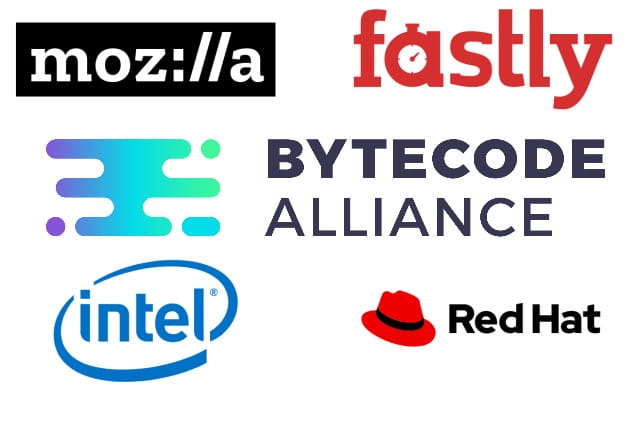Mozilla, Intel, Red Hat and Fastly join forces, forming Bytecode Alliance to create new software foundations

Four of the biggest names in technology -- Mozilla, Intel, Red Hat and Fastly -- have come together to create the Bytecode Alliance. The joining of forces sees the birth of an, "open source community dedicated to creating new software foundations, building on standards such as WebAssembly and WebAssembly System Interface (WASI)".
One of the aims is to take WebAssembly outside of browsers, taking whatever steps are necessary to ensure a secure ecosystem. More companies are expected to join the four founding member in the coming years.
One of the co-creators of WebAssembly, Mozilla engineer Luke Wagner, says: "We believe WebAssembly can play an even bigger role in the software ecosystem as it continues to expand beyond browsers. This is a unique moment in time at the dawn of a new technology, where we have the opportunity to fix what's broken and build new, secure-by-default foundations for native development that are portable and scalable".
The shared vision is to create a software that is secure by default and can be used in everything from IoT devices to embedded platforms and on the desktop. The Bytecode Alliance says that it aims to help, "deliver a state-of-the-art runtime environment and associated language toolchains, where security, efficiency, and modularity can all coexist across the widest possible range of devices and architectures".
The alliance wants to develop new standards that will not only ensure interoperability of tools, but also deliver built-in security at every level. The founding members have contributed four open source projects to kick things off:
- Wasmtime, a small and efficient runtime for WebAssembly & WASI
- Lucet, an ahead-of-time compiler and runtime for WebAssembly & WASI focused on low-latency, high-concurrency applications
- WebAssembly Micro Runtime (WAMR), an interpreter-based WebAssembly runtime for embedded devices
- Cranelift, a cross-platform code generator with a focus on security and performance, written in Rust
Summing up its mission, the group says:
The Bytecode Alliance is committed to establishing a capable, secure platform that allows application developers and service providers to confidently run untrusted code, on any infrastructure, for any operating system or device, leveraging decades of experience doing so inside web browsers.
